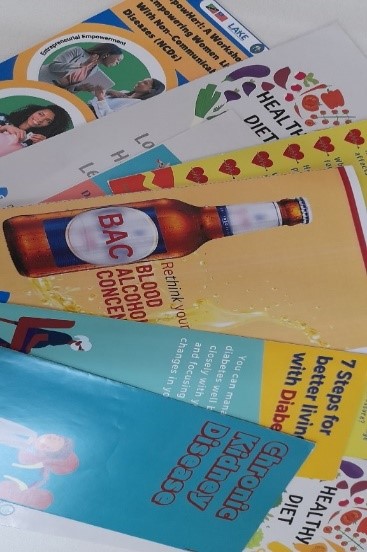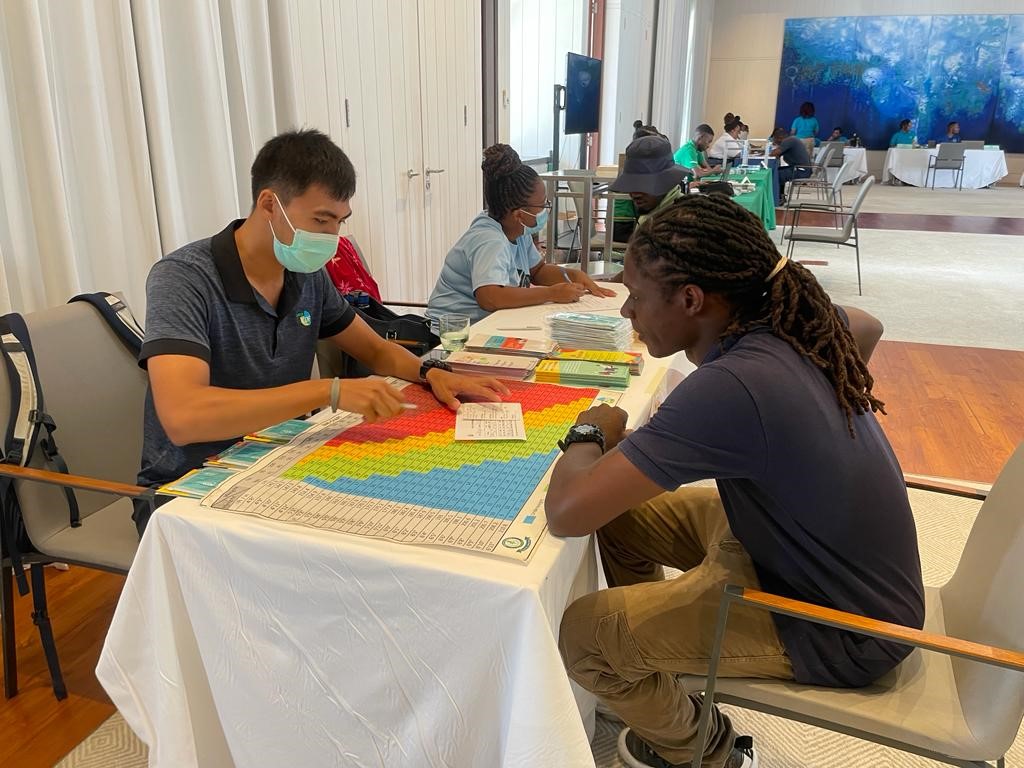In Ya Kitchen
In March 2021, The Ministry of Health in collaboration with the TaiwanICDF, launched the In Ya Kitchen cooking show. This program was created as part of the SKN Moves initiative, to assist in the fight to reduce the high numbers of individuals and families affected by Non-Communicable Diseases (NCDs). Through SKN Moves, the Ministry continues its thrust to reduce the numbers of individuals and families affected by NCDs. SKN Moves aims to create a healthy lifestyle culture within St. Kitts and Nevis. The Ministry of Health seeks to achieve this healthy lifestyle culture by encouraging persons to eat healthy, commit to regular physical activity and to ensure that they conduct regular health checks/screening.
The In Ya Kitchen program is simply one way of providing persons with healthy eating options. The videos, cookbook and the cooking provide information to the general public on healthy culinary options that can be prepared in mere minutes, and when consumed in the correct portions, positively impact one’s health. Although there are many benefits of eating healthy, there are still an equal number of persons not eating right while others lack the capacity to prepare healthy and delicious meals for themselves or their family.
In Ya Kitchen has been working to provide community members with educational material and content that would lead to healthier lifestyles. We should never underestimate the importance of healthy food. With the help of its partners, sponsors and volunteers, In Ya Kitchen is helping to make communities a healthier place to live, learn, work, play.
Why we do the things we do
Consuming a healthy diet throughout the life-course helps to prevent malnutrition in all its forms as well as a range of noncommunicable diseases (NCD’s) and conditions. However, increased production of processed foods, rapid urbanization and changing lifestyles have led to a shift in dietary patterns. People are now consuming more foods high in fats, free sugars and salt/sodium. Many people do not eat sufficient fruit, vegetables and other dietary fibre such as whole grains.
The exact make-up of a diversified, balanced and healthy diet will vary depending on individual characteristics (e.g., age, gender, lifestyle and physical activity), locally available foods and dietary customs. Regardless of your origin, food connects us all while good nutrition eludes some. Our bodies are very complex machines that need the proper mix of nutrients to run right. Healthy eating is linked to our body’s response to some illnesses. When we consume the right amount of nourishment, we:
- Feed our brain which helps us to handle life’s changes
- Have more energy
- Increase our chances of preventing problems from health conditions e.g., hypertension and diabetes
In an effort to decrease the growing trends of non-communicable diseases in St Kitts & Nevis, the In Ya Kitchen program offers numerous opportunities to learn and practice new recipes whilst utilizing locally grown produce – Eat Local.
Healthy Eating
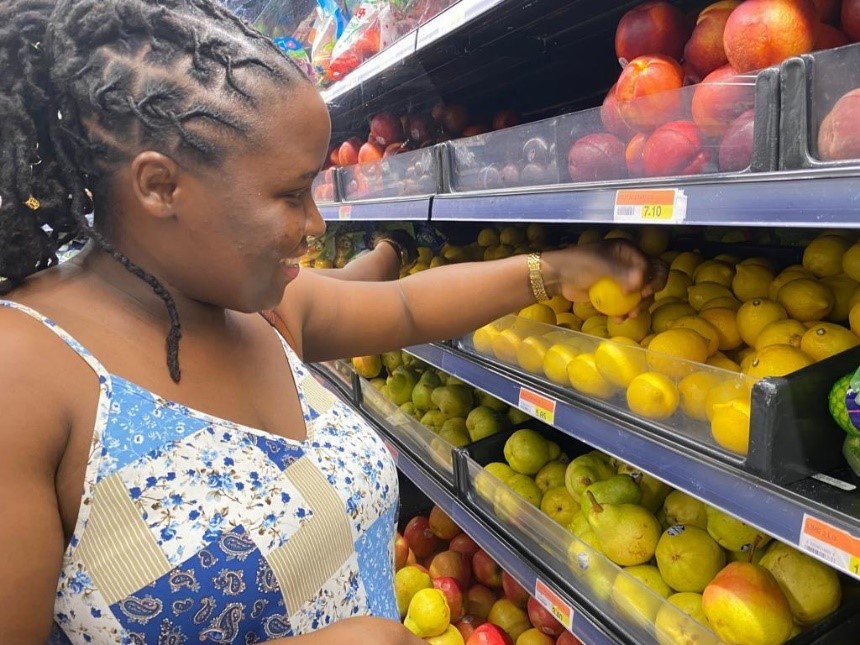
Healthy eating is being flexible and allowing ourself to occasionally enjoy small amounts of foods that may not be so healthy. Failure to allow ourselves to ever indulge in a treat can cause our best efforts to also fail. Healthy eating for some of us means having to be a bit choosy about the foods we eat.
A healthy diet is essential for good health and nutrition. Introduction of the In Ya Kitchen program is the Ministry of Health’s way of providing individuals and families with recipes and instructions that are simple and affordable, but most importantly, healthier options for everyday cooking and eating.
Healthy eating can protect us against many chronic noncommunicable diseases, such as heart disease, diabetes and cancer. Eating a variety of foods and consuming less salt, sugars and saturated and industrially-produced trans-fats, are essential for healthy diet.
Every day we are faced with hundreds of food choices. A healthy diet comprises a combination of different foods. These include:
- Staples: starchy tubers or roots (potato, yam, cassava) and cereals (wheat, barley, maize or rice)
- Legumes: peas, lentils and beans
- Fruit and vegetables
- Foods from animal sources: meat, fish, eggs and milk.
The Key Principles of Healthy Eating:
To help us make healthy food choices we can all use the Six key principles of healthy eating
- Choose foods as nature originally made them
- Get your nutrients from food, not supplements
- Eat a wide variety of colorful and unprocessed foods
- Eat foods that are high in phytochemicals
- Eat regularly
- Eat only what your body needs.
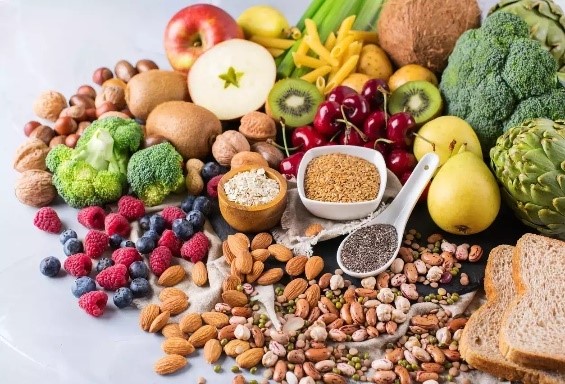
The World Health Organization (WHO) has provided some recommendations to help us guide us toward consuming a healthy diet:
- Young children and breastfed babies:
- A healthy diet starts early in life – breastfeeding fosters healthy growth, and may have longer-term health benefits, like reducing the risk of becoming overweight or obese and developing noncommunicable diseases later in life.
- Feeding babies exclusively with breast milk from birth to 6 months of life is important for a healthy diet. It is also important to introduce a variety of safe and nutritious complementary foods at 6 months of age, while continuing to breastfeed until your child is two years old and beyond.
- Eat plenty of vegetables and fruit:
- Fruits and vegetables are important sources of vitamins, minerals, dietary fibre, plant protein and antioxidants.
- People with diets rich in vegetables and fruit have a significantly lower risk of obesity, heart disease, stroke, diabetes and certain types of cancer.
- Eat less fat:
- Consuming too much of the unhealthy fats, like saturated and industrially-produced trans-fat, can increase the risk of heart disease and stroke.
- Using unsaturated vegetable oils (olive, sunflower or corn oil) rather saturated fats (butter, ghee, lard) will help consume healthier fats.
- To avoid unhealthy weight gain, consumption of total fat should not exceed 30% of a person’s overall energy intake.
- Limit intake of sugars:
- For a healthy diet, sugars should represent less than 10% of your total energy intake. Reducing even further to under 5% has additional health benefits.
- Choosing fresh fruits instead of sweet snacks such as cookies, cakes and chocolate helps reduce consumption of sugars.
- Limiting intake of soft drinks, soda and other drinks high in sugars (fruit juices, cordials and syrups, flavoured milks and yogurt drinks) also helps reduce intake of sugars.
- Reduce salt intake:
- Keeping your salt intake to less than 5g per day helps prevent hypertension and reduces the risk of heart disease and stroke in the adult population.
- Limiting the amount of salt and high-sodium condiments (e.g., soy sauce) when cooking and preparing foods helps reduce salt intake.
My Healthy Plate
The United States Department of Agriculture’s Center for Nutrition Policy and Promotion published a nutrition guide entitled MyPlate. On June 2, 2011, MyPlate officially replaced the USDA’s MyPyramid guide which had a 19-year tenure of existence. MyPlate was designed as a guideline for Americans to make educated and healthy food choice by selecting options for plating around an organized quantity of fruits, vegetables, proteins and grains. St Kitts & Nevis adopted the MyPlate recommendations to create its own nutritional guidelines dubbed – My Healthy Plate.
We need to eat a wide variety of foods in the right amounts to meet our daily nutritional needs. Eating healthier, balanced meals does not have to be complicated.
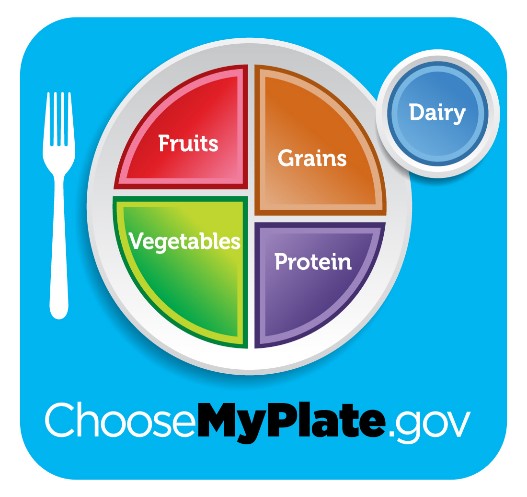
My Healthy Plate is an easy-to-understand visual guide, designed by the Health Promotion Board. It helps you adopt healthier eating habits, which in turn can help you better manage your weight and ward off chronic diseases.
Quarter, Quarter, Half is an easy way to remember the right proportions of each food group in a well-balanced meal. Here’s how:
- Fill Quarter plate with wholegrains
- Fill Quarter plate with good sources of protein
- Fill the remaining Half with fruit and vegetables
If you are unable to find a meal that fits the Quarter, Quarter, and Half proportions, you can make up the missing food groups in your next meal.
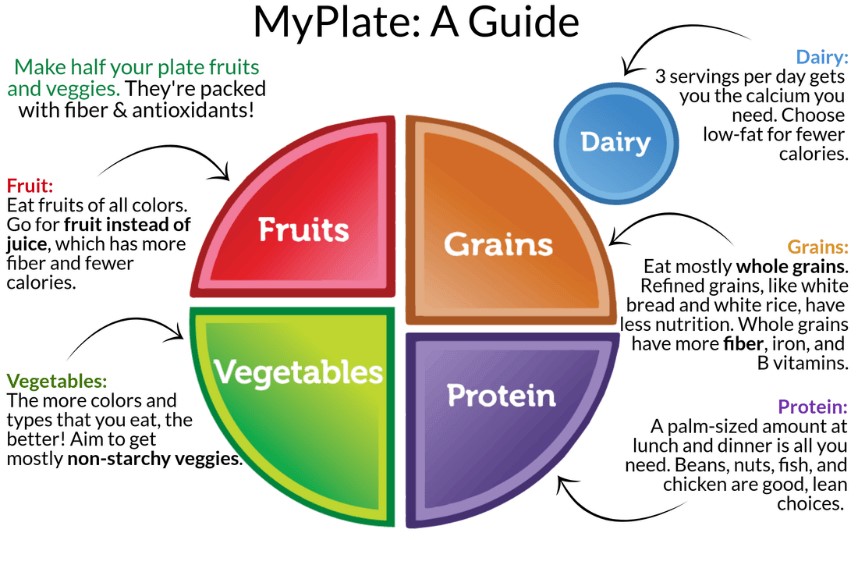
Living Healthy
Healthy living is not a destination; it’s a journey. The IYK team understands that our communities are constantly faced with roadblocks to healthy living. Nutritious, affordable food isn’t always available nor affordable and many of our friends, families and neighbors do not schedule time to engage in physical active daily. The combination of these challenges continues to create an environment for non-communicable diseases develop and strive. In an effort to abate the prevalence of NCDs and develop a healthy lifestyle culture, In Ya Kitchen had produced a number of culinary resources.
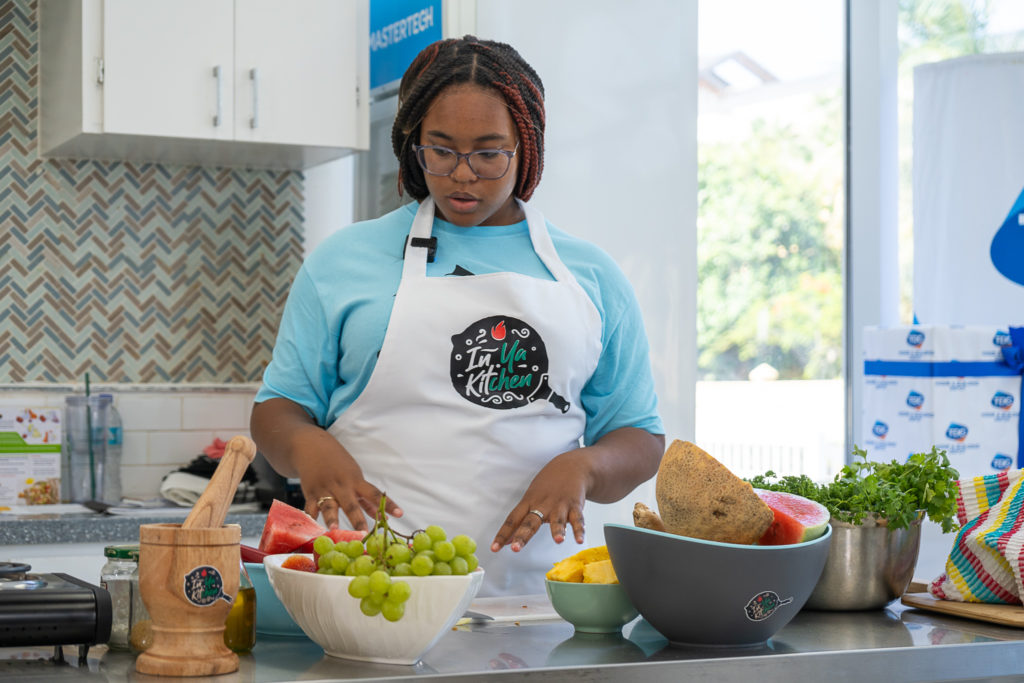
- Community Cooking Competitions:
- I Rep my Community Top Chef and In Ya Kitchen Junior Top Chef: In an effort to stimulate the uptake of healthy eating behaviors within the population of St Kitts & Nevis, In Ya Kitchen has hosted a series of competitions. The I Rep my Community Top Chef targeted adults whilst the In Ya Kitchen Junior Top Chef focuses on the youth population. The objectives of the competitions are:
Objective 1: To increase awareness of the importance of “eating local” in exchange of processed foods.
Objective 2: To demonstrate a variety of culinary techniques in the preparation of locally grown food.
Objective 3: To promote the In Ya Kitchen Cookbook.
- In Ya Kitchen Junior Top Chef
For this competition, youth between the ages of 12- 17 were tasked with creating healthy dishes based on the aspects of the My Plate nutritional guide. Each contestant showcased their culinary skills and impressed the judges with their dishes. These dishes include Young Ben’s Pineapple Bowl and Naemah’s Breadfruit and Veggie Taco.
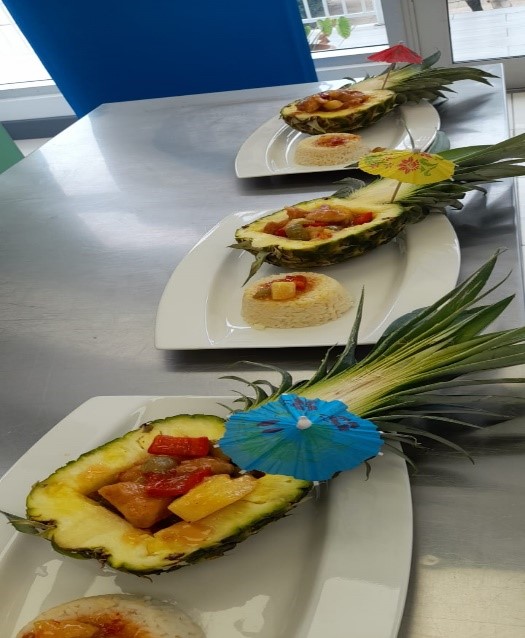
- Buss-a-Pot Cook-off: The Department of Gender Affairs in partnership with In Ya Kitchen host the “Buss A Pot Cook-off” as part of activities to mark the annual observance of International Men’s Day. The goal of this initiative is to promote healthy expressions of masculinity while eradicating gender stereotypes, as it relates to traditionally assigned roles in the household. Buss A Pot cook-off showcases the culinary talents among men in our communities, our traditional cooking methods, retro culinary tools, and locally grown ingredients.
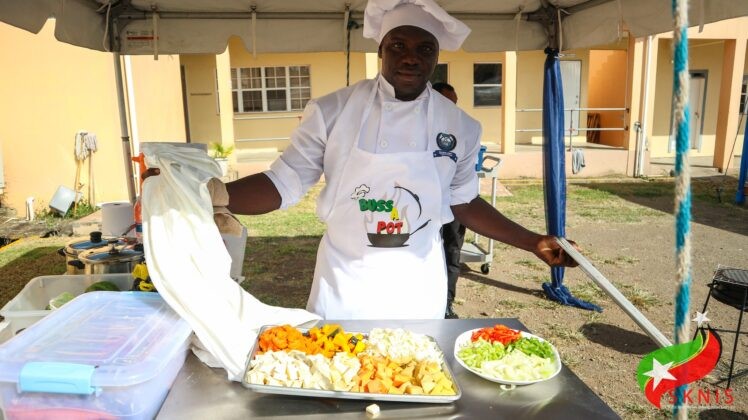

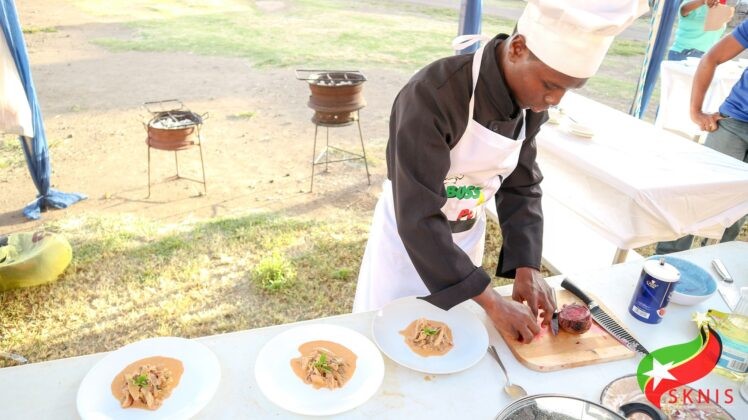
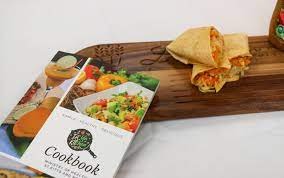
- In Ya Kitchen Cookbook: The cookbook provides information to the general public on healthy culinary options that can be prepared in mere minutes. A healthy diet is essential for good health and nutrition. It protects us against many of the non-communicable diseases, such as heart disease, diabetes and cancer. Following a healthful diet has many health benefits, including building strong bones, protecting the heart, boosting mood, and preventing or reducing our risks of contracting diseases. These food items when prepared and consumed in moderate portions can help persons reduce their risk of non-communicable diseases.
- In Ya Kitchen Cooking videos: The IYK program created over twenty-five cooking videos that demonstrate new recipes using locally grown ingredients and new ways to prepare them. These videos will teach people how to prepare simple, delicious, and healthy meals that can help to manage their illness while promoting the benefits of healthy eating

https://fb.watch/m9_NGuE2Hp/?mibextid=HSR2mg
- SKN Travel Vlog: The community travel vlogs highlight the history of communities across the federation of St Kitts & Nevis and the hidden culinary gems that lay within.

- TDC Get Active for Heart Health: TDC Group of Companies has revolutionized trading in St. Kitts and Nevis. Each year the Home & Building Depot commemorates World Heart Month with a number of health-focus activities. These activities include in-store cooking demonstrations by the In Ya Kitchen team and health screenings by the Health Promotion Unit and the Taiwan ICDF – Metabolic Chronic Diseases Project.
- Its Snack time -Just eat Me Fresh: Just Eat Me Fresh forms part of a set of resources that Lake Health and Wellbeing, a local NGO, have created under their My Healthy Heroes program. Through this venture, Lake Health aims to:
- create engaging resources to support teaching children about healthy eating, and
- promote a culture of healthy snacking by encouraging children and their parents to opt for fresh fruits and vegetables as snacks in place of ultra-processed and unhealthy snacks that are high in sugar, salt and saturated fat.
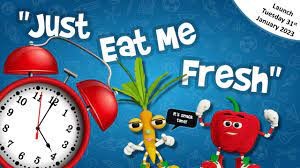
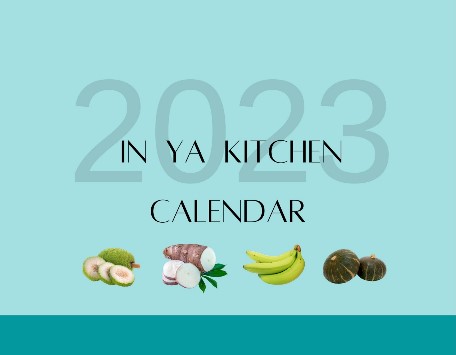
- 2023 Calendar: In addition to keeping track of appointments, these calendars provide the viewers with recipes created by homegrown cooks. The main ingredient in each recipe had a low-glycemic index. Consumption of foods with low-glycemic index can help persons control their weight by minimizing blood sugar spikes and insulin levels. This is particularly important for persons with type 2 diabetes or those at risk of developing it. Low-glycemic diets have also been linked to reduced risks for cancer, heart disease, and other conditions.

- Health Education Brochures: The program has created a number of information brochures to educate patients, healthcare users and their families about their health risks and ways to minimize them. These brochures add to the information given verbally by the healthcare professional but are not a substitute for verbal information provided by physicians and other allied health professionals. Health brochures can help patients to make informed decisions about their health.
